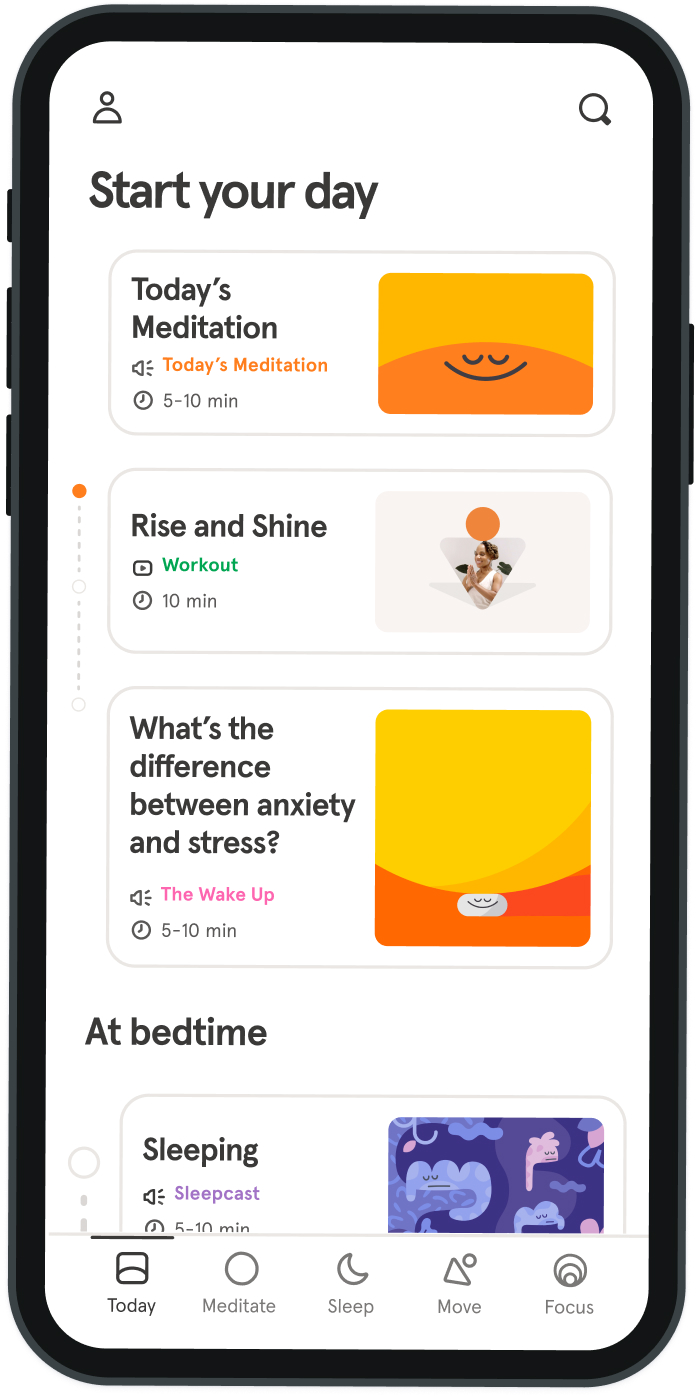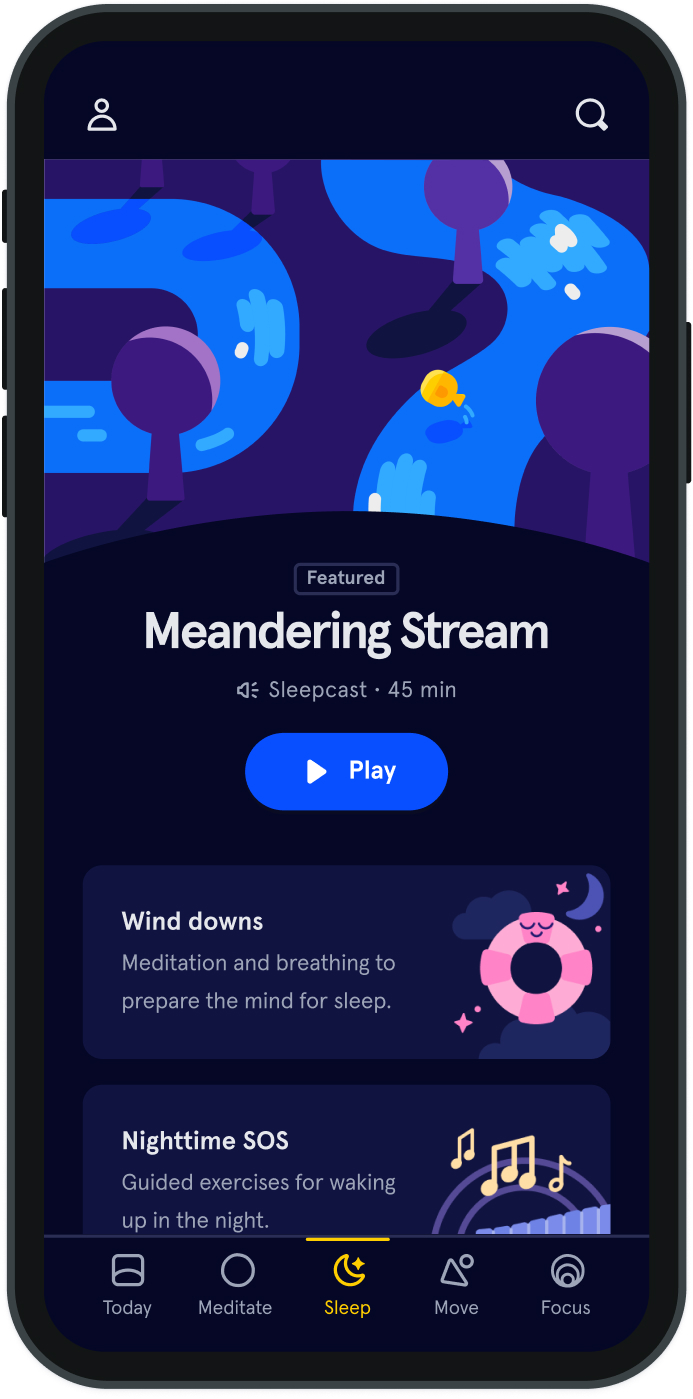How do you break up with a friend?
There are a million articles on how to know if you should break up with a significant other, but how do you know when it’s time to break up with a friend? Whether it’s just losing touch or a you-slept-with-my-boyfriend-in-my-bed level of betrayal, here are four scenarios of when friendships flounder and how to deal with them.
1. You are growing apart
We’ve all been there: one minute we have a best friend that we shared everything with, that we see all the time and whose voice we never grew tired of. Then, the shift: interests change, someone moves, someone has a baby, someone becomes obsessed with CrossFit, any number of things can mean a total change in routine and no more time to hang out. Experiencing increasing distance between yourself and a friend is part of life. Sometimes it’s just a matter of changing boozy nights out to pizza nights in. But when a friendship is no longer mutually nurturing and demands more effort than the joy it brings in, it might be time to change your speed dial. Acknowledge the changes and talk about things openly with your friend. We all want to belong, and it’s scary to give up a friendship, but growing apart happens. It’s OK to wish someone the best from a distance so you can make space for something new.
2. You are being used
Have you ever had a friend that called you only when they needed to borrow money or wanted help moving? And when you hoped for support looking at career choices or wanted some distraction while getting over an ex, they didn’t seem to have the time of day? If your friend is going through a rough patch and needs a lot of airtime, that’s totally OK, but be sure not to let this dynamic manifest long term. The next time you feel like you’re not being heard, let them know. Be sure to distinguish between the person you respect and the behavior you dislike. Draw clear boundaries and ask for what you need in a functioning friendship. Remember, it takes two to tango, so as long as you’re being used by someone, you are also allowing that person to use you. If it feels like everyone just walks all over you, there is a chance you are overcommitting yourself. Do you volunteer to help at every opportunity because you think others won’t be your friend if you don’t? How many times have you said no to someone? We ourselves, as much as anyone, deserve our love and affection and time. It’s important to work on a relationship with #1 because the respect we have for ourselves will inform the relationships we have with others.
-
Your friend is always right, even when they aren’t
Does your friend always knows what’s best for you? Where you should go on holiday, what to wear and whom to date? And if you disagree, you are automatically wrong and get guilt-tripped? Friends that try to live your life for you often exhibit traits of codependence and can find it hard to allow you to have your personal experience of the world, separate to theirs. These behavior patterns can make you feel invalidated, belittled and controlled. It’s important you affirm what’s right for you, how you feel about something and what your thoughts on a particular subject are. Codependents often mimic behaviors that they experienced growing up so have compassion but also be sure to address the issue. Pia Mellody, lecturer and educator in the field of addiction, suggests a 4-step approach that might look something like this: “When you say the dress I picked is ugly and I should go with the one you picked, I think you don’t consider my feelings and I feel hurt. Ideally, you could make a suggestion, but respect what I ultimately choose.” If your friend doesn’t want to understand or thinks you are being overly sensitive and dramatic, count your losses and move on. True friends appreciate who we are and what we have to give.
-
Your friend betrays you
Did your friend pass on some personal information you trusted them with? Go behind your back to apply for a job you really wanted? Or secretly sleep with your ex? Facing betrayal is painful. It’s not just the disloyalty that we have to cope with but also the emotional repercussions of the actions that were taken. First, be sure there isn’t a misunderstanding. Let your friend explain what happened but be wary of excuses like: “It just happened.” The truth is, we deserve to be shown as much loyalty and integrity as we bring to a friendship. Dr. Irene S. Levine, also known as “the friendship doctor,” says, “Friendships are voluntary relationships so it is your right—and responsibility to yourself—to decide with whom you want to be friends.” So before you decide to sustain or end the friendship, take time out and look after yourself. Betrayal can go deep and you want to understand your feelings so that they will not affect you in future friendships. Talk about your feelings with other friends and give yourself the space and time you need to process what happened. If you think the trust you once had is fully gone, let the person know you have made up your mind and honor the fact that you are staying true to yourself.
3. Your friend is always right—even when they aren't
Does your friend always know what’s best for you? Where you should go on holiday, what to wear and whom to date? And if you disagree, you are automatically wrong and get guilt-tripped? Friends that try to live your life for you often exhibit traits of codependency and can find it hard to allow you to have your personal experience of the world, separate to theirs. These behavior patterns can make you feel invalidated, belittled and controlled. It’s important you affirm what’s right for you, how you feel about something and what your thoughts on a particular subject are. Codependents often mimic behaviors that they experienced growing up so have compassion but also be sure to address the issue. Pia Mellody, lecturer and educator in the field of addiction, suggests a 4-step approach that might look something like this: “When you say the dress I picked is ugly and I should go with the one you picked, I think you don’t consider my feelings and I feel hurt. Ideally, you could make a suggestion, but respect what I ultimately choose.” If your friend doesn’t want to understand or thinks you are being overly sensitive and dramatic, count your losses and move on. True friends appreciate who we are and what we have to give.
4. Your friend betrays you
Did your friend pass on some personal information you trusted them with? Go behind your back to apply for a job you really wanted? Or secretly sleep with your ex? Facing betrayal is painful. It’s not just the disloyalty that we have to cope with but also the emotional repercussions of the actions that were taken. First, be sure there isn’t a misunderstanding. Let your friend explain what happened but be wary of excuses like: “It just happened.” The truth is, we deserve to be shown as much loyalty and integrity as we bring to a friendship. Dr. Irene S. Levine, also known as “the friendship doctor,” says, “Friendships are voluntary relationships so it is your right—and responsibility to yourself—to decide with whom you want to be friends.” So before you decide to sustain or end the friendship, take time out and look after yourself. Betrayal can go deep and you want to understand your feelings so that they will not affect you in future friendships. Talk about your feelings with other friends and give yourself the space and time you need to process what happened. If you think the trust you once had is fully gone, let the person know you have made up your mind and honor the fact that you are staying true to yourself.

If your friend doesn’t want to understand or thinks you are being overly sensitive, count your losses and move on.
Viktoria Memminger


Be kind to your mind
- Access the full library of 500+ meditations on everything from stress, to resilience, to compassion
- Put your mind to bed with sleep sounds, music, and wind-down exercises
- Make mindfulness a part of your daily routine with tension-releasing workouts, relaxing yoga, Focus music playlists, and more
Meditation and mindfulness for any mind, any mood, any goal

Stay in the loop
Be the first to get updates on our latest content, special offers, and new features.
By signing up, you’re agreeing to receive marketing emails from Headspace. You can unsubscribe at any time. For more details, check out our Privacy Policy.
- © 2025 Headspace Inc.
- Terms & conditions
- Privacy policy
- Consumer Health Data
- Your privacy choices
- CA Privacy Notice
